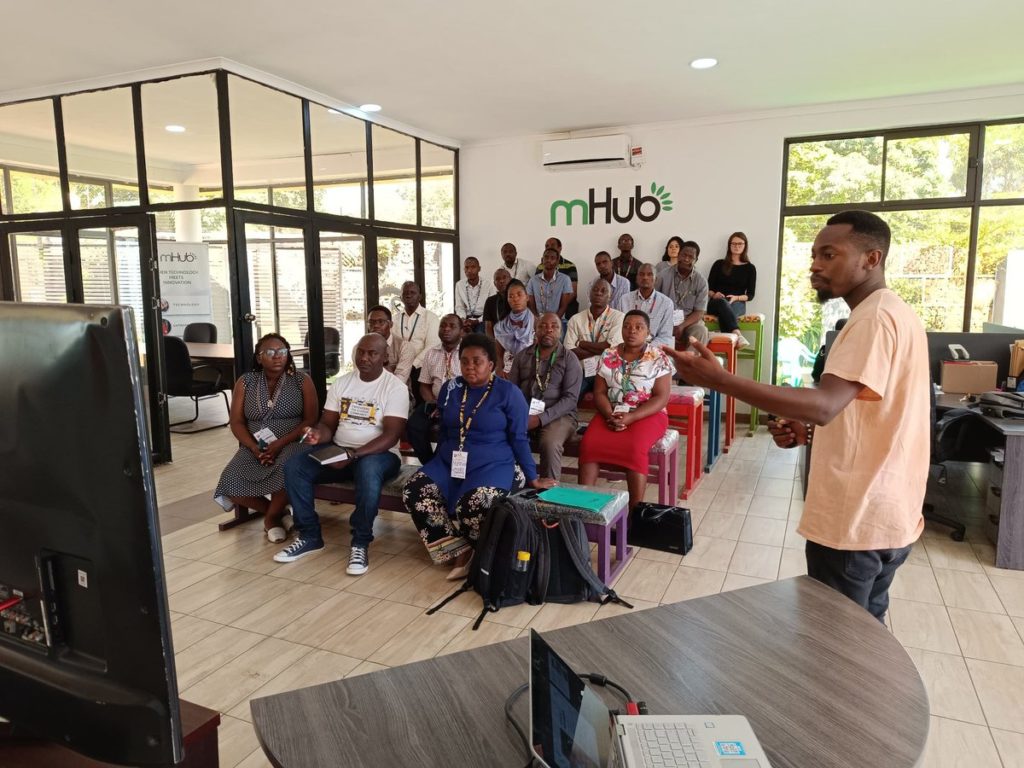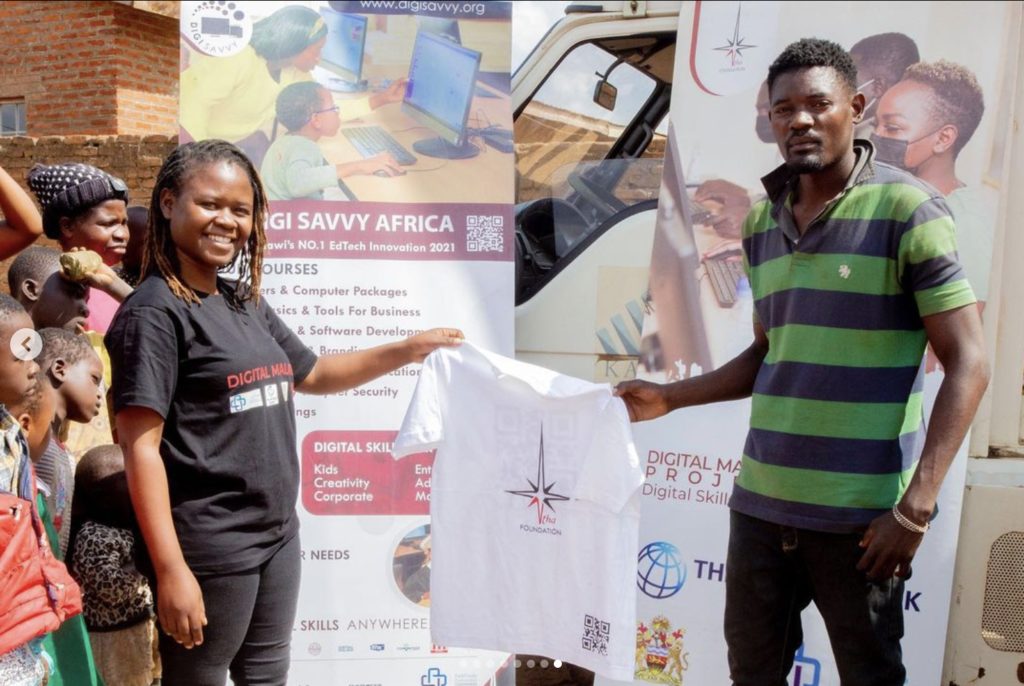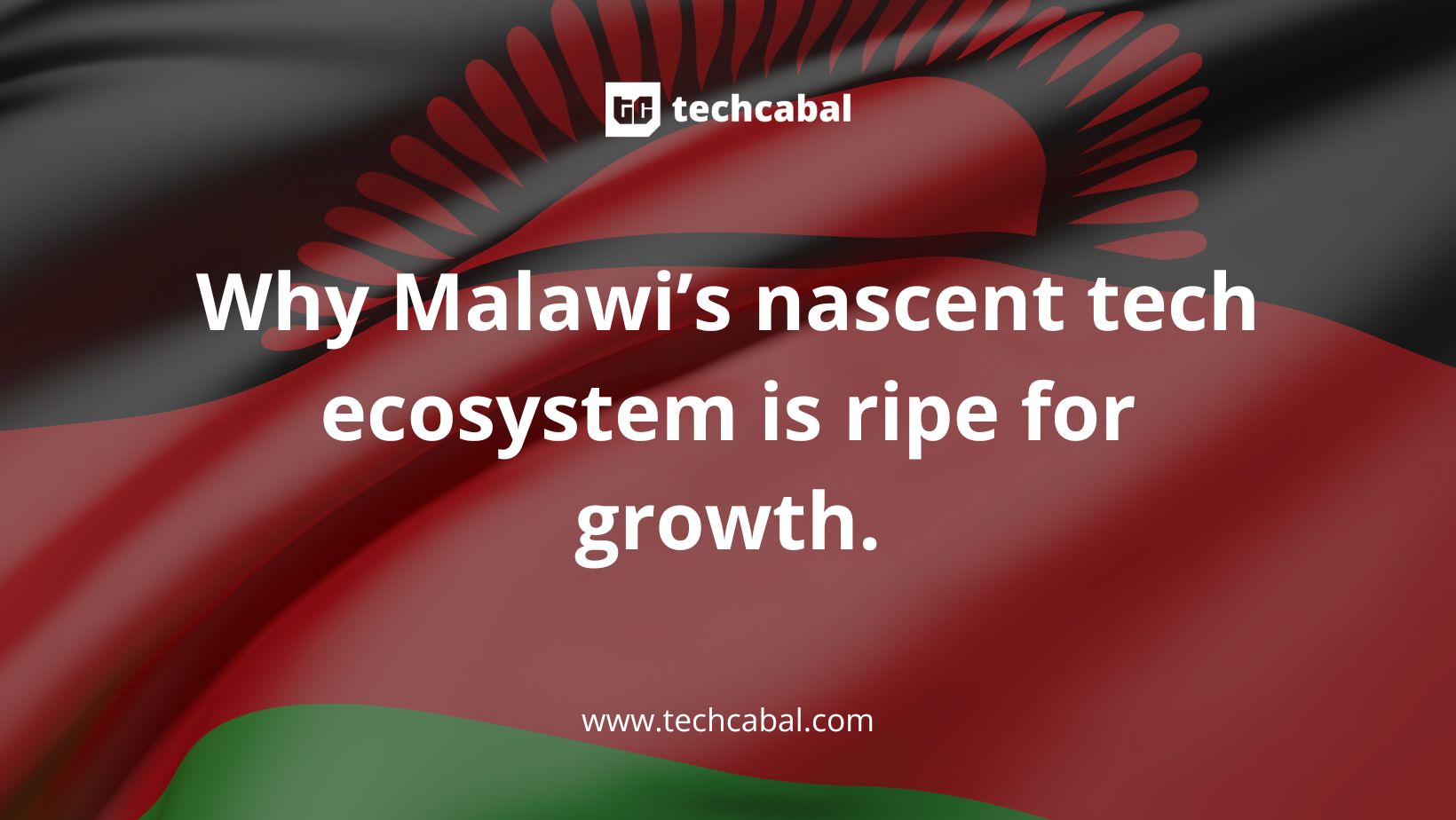Malawi is not exactly famous for its vibrant tech ecosystem as a result of several factors. The country has an internet penetration rate of only 24% in a population of 20 million people, a virtually non-existent venture capital ecosystem, and a limited presence of leading continental and global tech companies. However, due to efforts from the innovators, public and private sectors, as well as development institutions, this is slowly changing.
In July, the country will for the first time, host the 2024 Africa Smart Cities Congress. The congress aims to promote smart city innovations from Malawi and the rest of Africa and present them to the world. The country was chosen for its efforts in building out smart cities as evidenced by the Mvera Innovation City, a smart city project in Lilongwe which is nearing completion.
“The fact that we will have global innovators here shows that Malawi’s innovation is getting the recognition it deserves from the world,” said Christine Mhone, ambassador of the African Smart Cities Innovation Foundation.
Even Africa’s most valuable startup, Flutterwave, is paving the way for entry into the Malawi market. The company recently received a license from the country’s central bank to facilitate remittance payments into the country. These developments beg the question, how exactly are Malawi’s ecosystem stakeholders changing the narrative about its tech innovation landscape?
In the public sector, over the last five years, the Malawian government has enacted policies and initiatives aimed at accelerating the growth of the country’s tech sector. These policies include the National Digitalisation Policy, the Digital Economy Strategy, and the Child Online Protection Strategy.
According to Vincent Kumwenda, former CEO of incubator mHub, these enabling policies, as well as programmes from international development partners and innovative entrepreneurs, have played a large role in growing the country’s ecosystem. Despite the progress made, issues of poor infrastructure, unclear regulatory frameworks, and lack of funding for innovators persist, Kumwenda told TechCabal. “There are efforts to address these challenges, so I would say, slowly and surely, we are on our way to becoming a tech hub of note.”

The role of government and international organisations
Malawi’s technology sector regulator, the Malawi Communications Regulatory Authority (MACRA), is trying to use its regulatory powers to strike a balance between enabling innovation and also ensuring that innovators abide by the country’s laws. Last year, Malawi was one of the first southern African nations to license Starlink to facilitate internet connectivity. On the other hand, MACRA also barred MultiChoice from increasing prices for its DStv service, leading to the pan-African broadcaster terminating service in the country. The two parties eventually reached an agreement to bring the service back. MACRA also recently signed an MOU with the organisers of the Africa Smart Cities Conference to offer support for the initiative.
“We try to ensure that we create a space where innovation can be allowed to thrive, but at the same time, it must be within the confines of what is acceptable within the law,”
Daud Suleman, director general of MACRA
Besides enforcing regulatory compliance, MACRA is also actively involved in helping startups build innovative solutions. Through the Muuni Fund, an ICT research & innovation fund that aims to provide seed money to nurture and incubate local innovations across Malawi, MACRA is currently working with 70 startups across the country to help them launch technology products and services into the market.
In the next financial year, the Muuni Fund aims to assist as many as 250 startups, an ambitious 257% from the current cohort. “The Muuni Fund encourages local solutions for local problems. But most importantly, it creates a sustainable framework that will allow local innovators to come to market, be competitive and survive,” added Suleman.
In support of these initiatives by the public sector are international development institutions. As head of exploration of the United Nations Development Programme’s Accelerator Lab, McDonald Nyoni is responsible for identifying innovative local solutions that contribute to the achievement of the Sustainable Development Goals (SDGs). Some of the Lab’s mandates include identifying and supporting innovations that address some of Malawi’s pressing challenges, such as access to housing, financial inclusion, access to renewable energy sources and poverty eradication.
In August 2023, UNDP Malawi launched Fin Mobile, a digital banking app for SMEs. Additionally, the Lab is also working with the government to build an innovation bridge portal which will connect innovators with the private sector and international organisations to explore potential synergies.
“Because of the strategic partnerships with the government, I would say the future of innovation in Malawi is very bright,” Nyoni told TechCabal. “The Accelerator Lab’s external facing model allows us to address challenges which impact people, which significantly increases its impact.”
It all comes down to the startups
Because of challenges like lack of access to funding, technical talent, and a complex regulatory framework, the country does not have the most vibrant startup ecosystem. However, this could change soon. In addition to the Muuni Fund by MACRA, Malawi is currently in the process of drafting a startup bill which is expected to be tabled in parliament by the end of the year.
The bill aims to address the challenges faced by startups in the country, including simplifying investing for foreign investors and also streamlining and simplifying regulatory requirements. One such startup is Mlimipay, founded by Stanislaus Sakwiya in 2021. The company has developed a digital wallet designed exclusively for smallholder farmers in Malawi who find difficulties accessing mainstream financial systems.

“In Malawi, access to funding as well as a complex regulatory framework are major hurdles to the success of startups,” Sakwinya told TechCabal.
This point is reiterated by Samuel Chiwanda, founder of fintech startup ClickMobile. Founded in 2010, ClickMobile specialises in mobile messaging solutions via platforms such as SMS and USSD, which are vital for rural area dwellers where internet penetration is low. “Most people have brilliant ideas, but funding is very hard to come by. The little funding available is sometimes not best utilised by recipients,” Chiwanda said.
To ensure that startups have access to technical talent and the requisite business development skills they need to build sustainable enterprises, incubators like Ntha Foundation are playing their part. Founded by Nthanda Manduwi in 2018, the foundation was one of eight hubs to receive $250,000 in funding from the Malawian government in 2021 to train 500 innovators in digital and business development skills for two years.

“We have scaled fast because of the financing we have received and after that initial project with the government, we have seen even more development partners coming in to work with us which enables us to further scale our impact,” Manduwi TechCabal.
What’s next for Malawi tech?
Despite the progress and support that organisations like Ntha Foundation have received, there is still a long way to go before they can wholly address Malawi’s technical and entrepreneurial talent challenges. According to Manduwi, because most of the participants had limited prior experience when they joined the cohorts, the time allocated was not sufficient to equip them with the requisite skills.
Additionally, as a result of socio-economic challenges, some of the participants in the programmes find it difficult to complete as they are unable to commute to the hubs. Others cannot complete the programs because the only place they have access to computers and internet connection is at the hubs. Despite these challenges, Ntha Foundation was able to train 700 participants, exceeding the expected capacity by 200. “We need to fix these underlying issues so that the uptake of such programs is as effective as possible,” added Manduwi.
According to Kumwenda, Malawi has numerous sectors ripe for technological disruption as long as the issues barring innovators from progressing are addressed. These include agriculture, manufacturing, industry, education and healthcare.
For government institutions like MACRA, which hold the key to whether Malawi’s ecosystem progresses or not, it is clear that the former is the mission. With development institutions like the UNDP also willing to partner with the government to make this a reality, and institutions like Ntha Foundations availing the requisite training to create the next generation of tech entrepreneurs, it appears Malawi’s tech ecosystem is headed in the right direction.



















